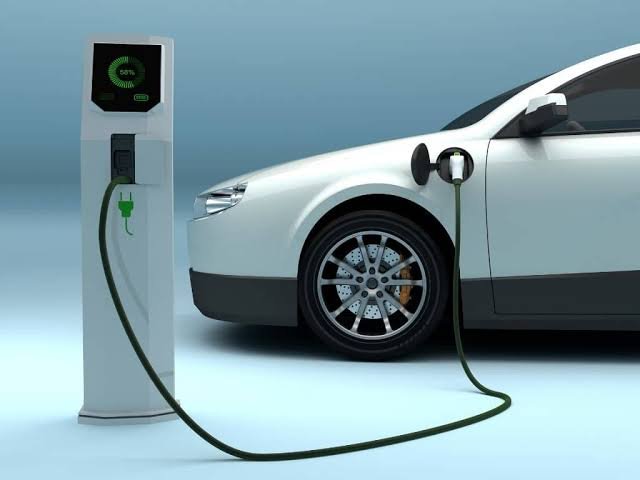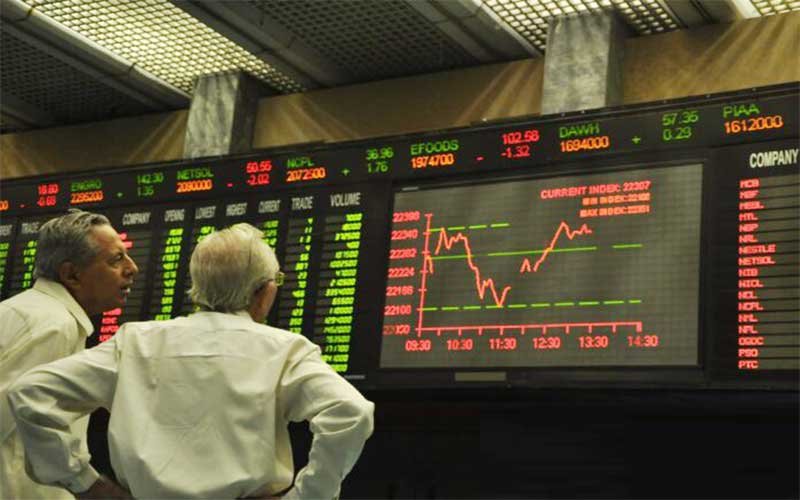During ongoing negotiations with the International Monetary Fund (IMF), Pakistan announced its decision to discontinue the net metering policy for rooftop solar panels. This change will shift to gross metering, potentially making electricity more expensive for consumers.
Policy Shift Details
According to The Express Tribune’s Shahbaz Rana, Pakistan informed the IMF about the policy shift from net metering to gross metering. The new approach will sell costly grid electricity to consumers, which may be unaffordable for many. Government sources also revealed plans to request $15.4 billion in energy debt restructuring from China.
Impact on Solar Panel Users
The shift to gross metering aims to address the growing reliance on solar panels, which is affecting the revenues of power distribution companies. Under the gross metering policy, electricity generated by rooftop solar panels will be sent to the national grid, and the solar panel owners will withdraw the units they need for consumption. This approach, however, will reduce the financial benefits for residential consumers as their electricity generation and consumption will be tracked separately using two different meters.
Read More: IMF Uncertain About Approving New Loan for Pakistan
Financial Implications
The current bidirectional meters track both the electricity generated from rooftops and the electricity imported from the national grid at night. Switching to gross metering will prevent solar consumers from benefiting from protected category rates, as they will no longer rely on grid electricity during peak hours.
Expected Price Increases
The IMF was also informed about the expected increase in electricity prices in July due to annual base tariff adjustments, quarterly adjustments, and monthly adjustments. The Energy Ministry noted that the rapid increase in solar panel usage has reduced demand for grid electricity, leading to higher payments for idle capacity and significantly higher quarterly tariff adjustments. In the first ten months of the current fiscal year, approximately 6,800 megawatts of solar panels were imported.
Reducing Electricity Generation Costs
In response to the IMF’s inquiry about reducing electricity generation costs, Pakistani officials stated that the government is finalizing debt restructuring with Chinese Independent Power Producers (IPPs) under the China-Pakistan Economic Corridor (CPEC). The IMF recommended negotiating capacity payments with all power producers to lower electricity costs and identified payments for idle capacity as a major factor in price increases. It also suggested reviewing the captive power generation policy, where industrialists receive cheaper gas for in-house electricity production. There is a possibility that captive gas may be discontinued, shifting these industries to more expensive grid electricity.











